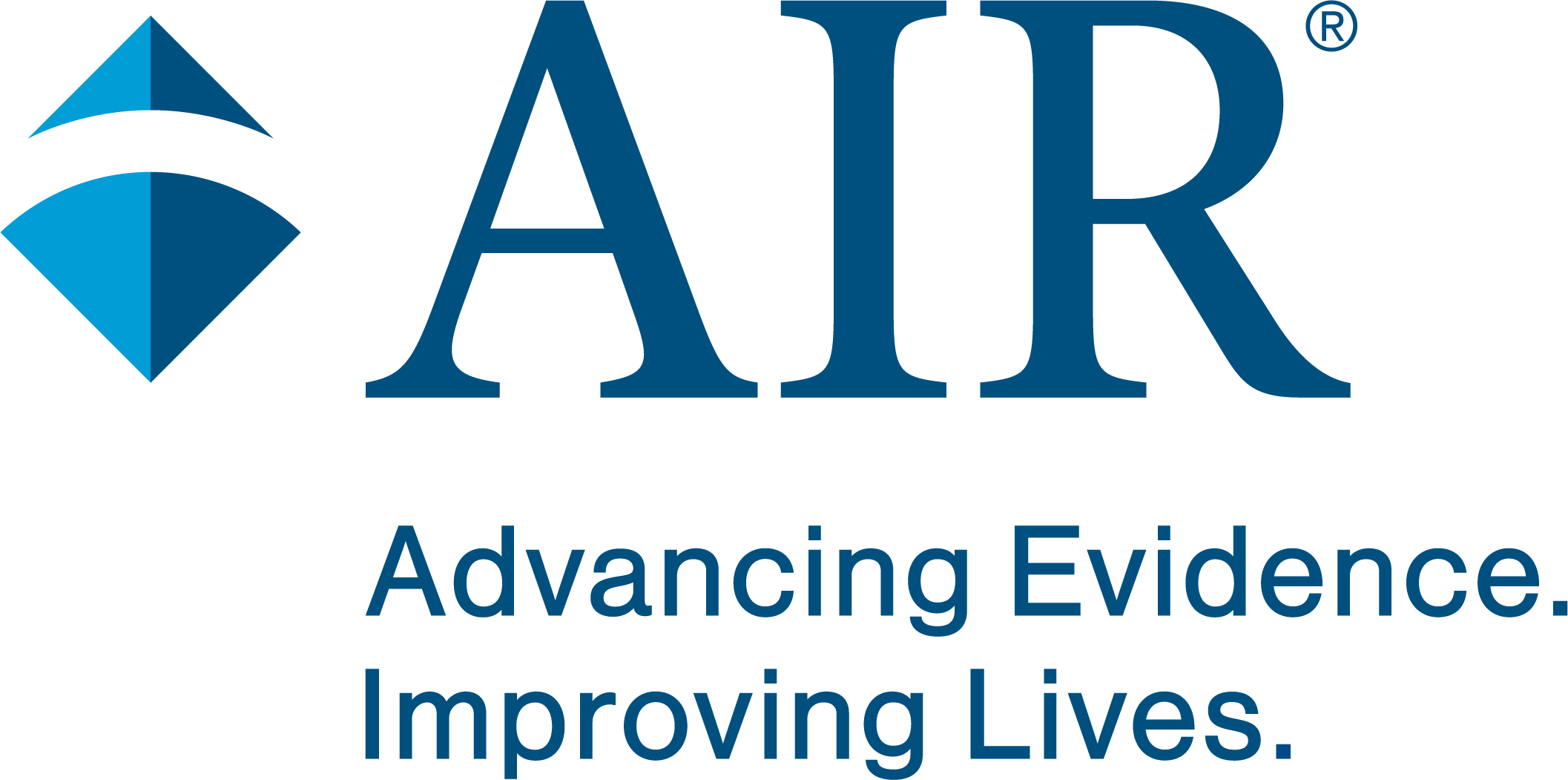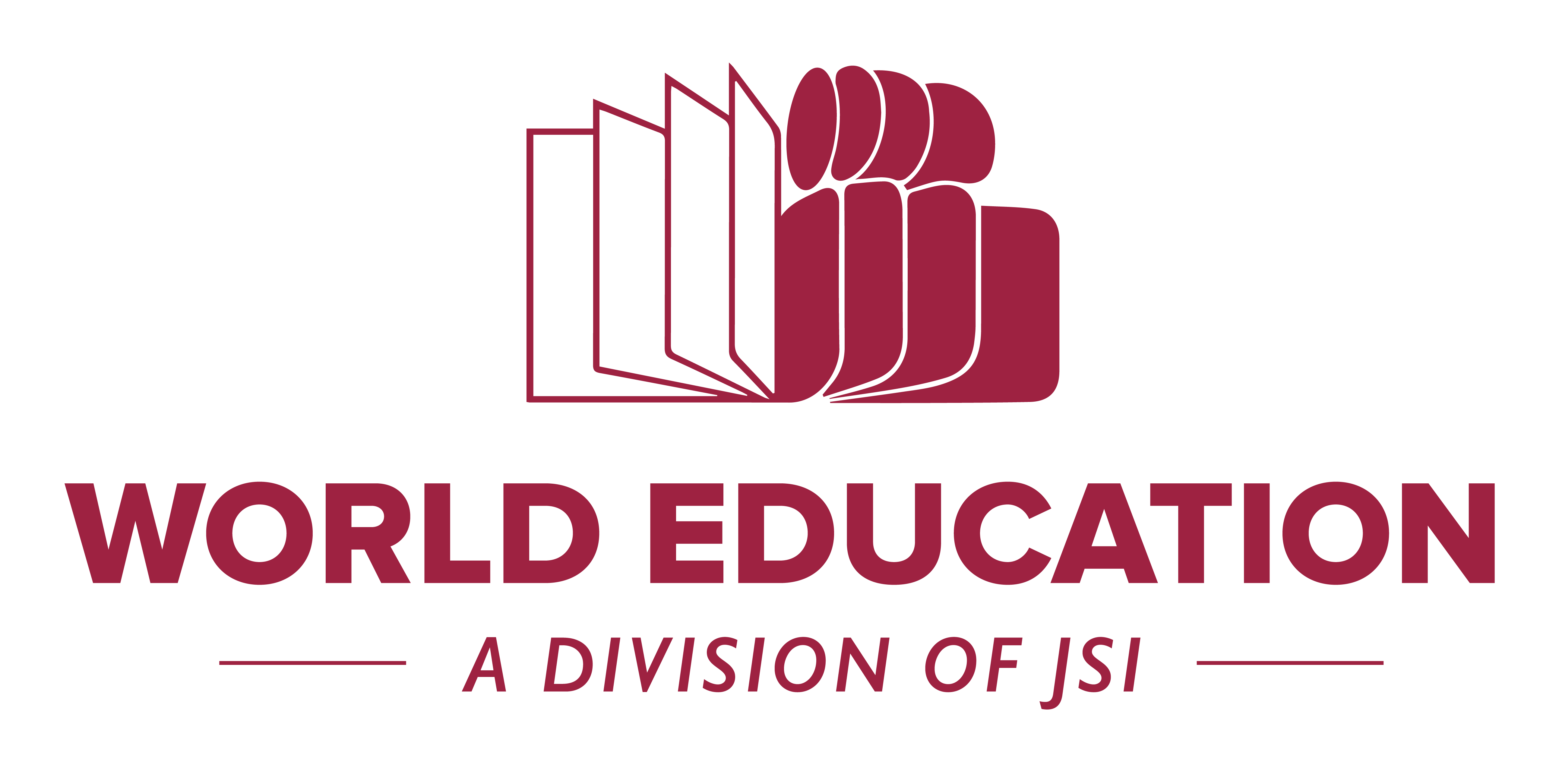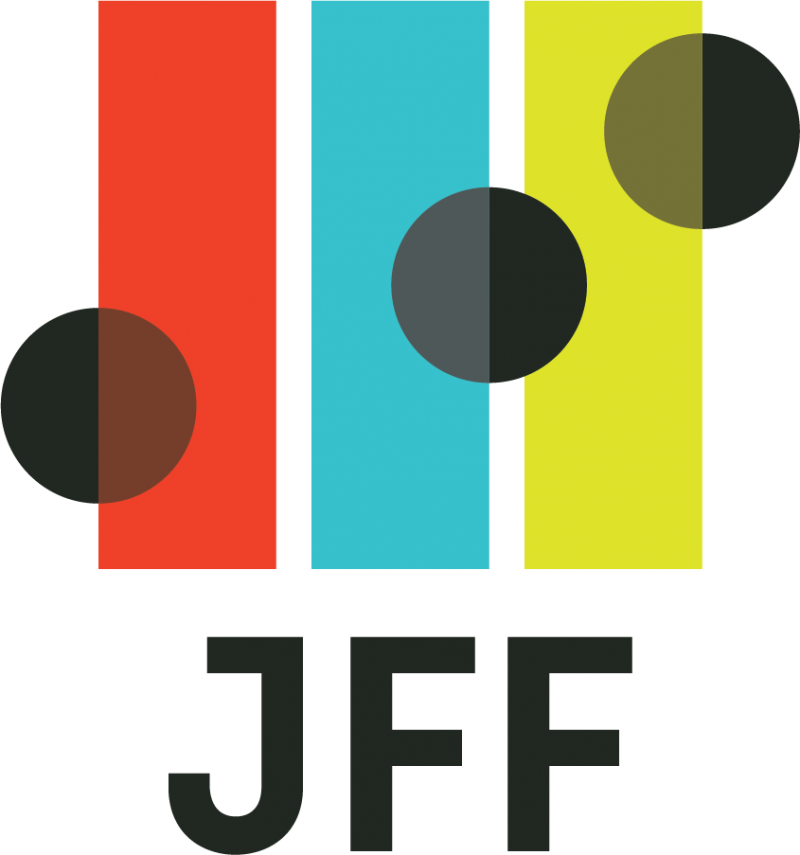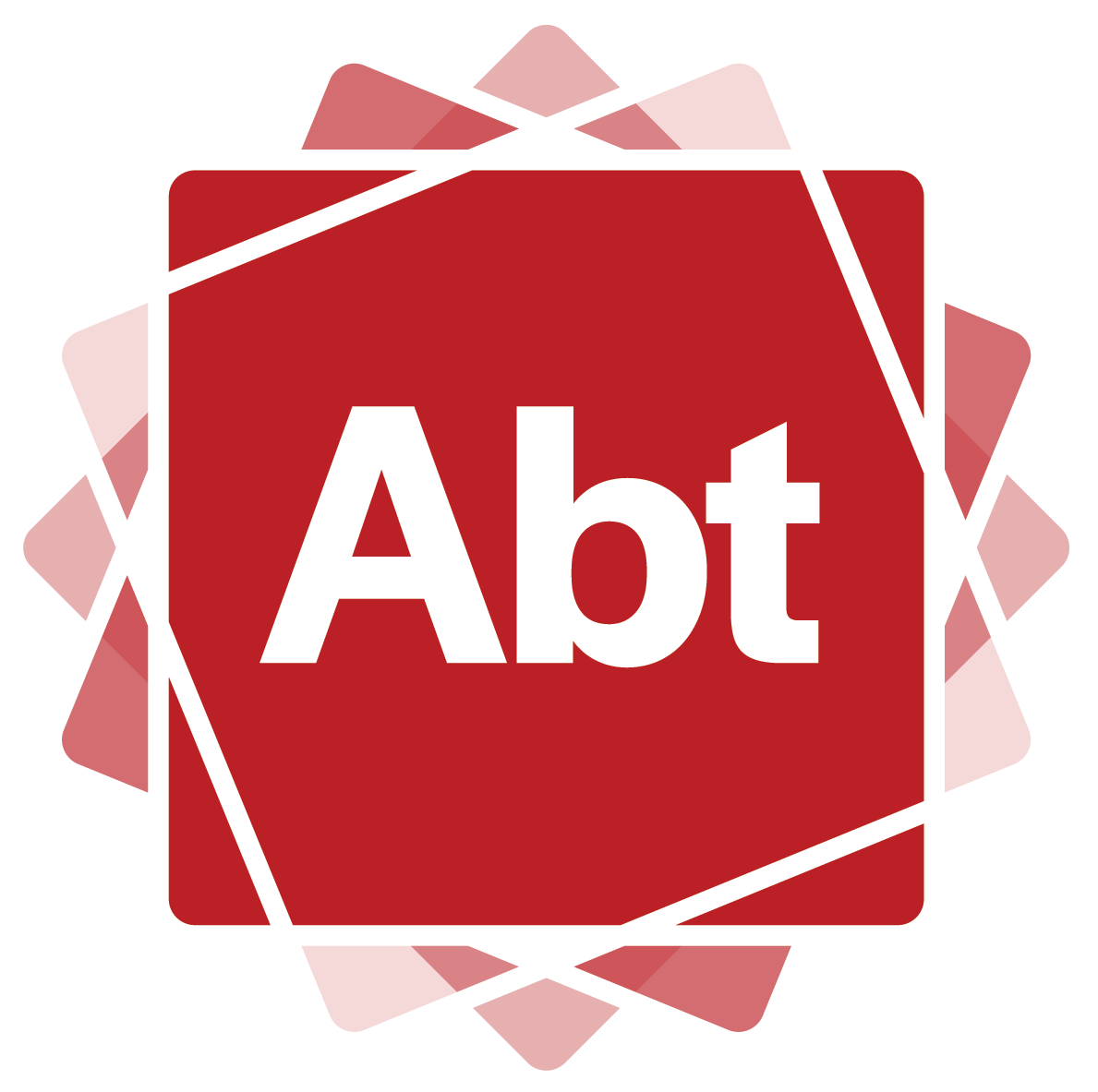Resource
EdTech Strategy Session - Future of Work Report: AI at Work
Posted on
Description
For the September EdTech Strategy Session, the EdTech Center @ World Education hosted LinkedIn's Senior Lead Manager of Economic Graph, Efrem Bycer. Efrem shared insights from the LinkedIn "Future of Work Report: AI at Work". With recent advancements in AI comes a shifting demand for certain technical and human skills, giving new areas to focus on as we aim to prepare adult learners for the future of work and technology. Watch the recording of Efrem's lightning talk here and register for the October EdTech Strategy Session here.
Event
EdTech Bytes: Generative Artificial Intelligence
There's been a lot of chatter lately about Generative AI, its uses, implications, and rapid advancement. World Education presents this four-part series as a way to cover the basics and dive deeper into what this could mean for educators and workforce developers.
1️⃣ Zero to Hero - ChatGPT was released in November of 2022. Get caught up with what has happened since.
Resource
The Myth of the Digital Native
Posted on
Description
Today’s college students may have grown up around technology, but that doesn’t mean they have the skills to thrive at school or work. Knowledge gaps remain a major barrier to success, particularly affecting low-income students. How can higher education institutions more effectively teach, assess, and measure digital skills? The Chronicle surveyed more than 1,200 faculty, higher ed leaders, and students to find out. The study discovered that:
78% of students said colleges strongly contributed to their digital proficiency
36% of faculty and leaders think their college instructors are “somewhat unprepared” or “not at all prepared” to teach digital skills
Only 15% of faculty and 16% of leaders think students are very well prepared to use digital tools in a work environment
Resource
Linking Adult Education to Workforce Development in 2018–19: Early Implementation of the Workforce Innovation and Opportunity Act at the Local Level
Posted on
Description
The Workforce Innovation and Opportunity Act of 2014 includes new requirements and incentives to strengthen the link between its Title II -- adult education -- and the overall workforce development system. This report from a national evaluation of Title II examines the extent to which local adult education providers’ instructional approaches and coordination with other agencies in 2018-19 reflected this link and highlights the challenges providers reported collecting related performance data. A compendium provides detailed tables supporting the policy report. For more information about this report, visit the IES site here.
Resource
Subject Area Frameworks for Adult Learners
Posted on
Description
These aggregate frameworks provide a structure to support learning in five subjects relevant to adult learners: Civics Education, Digital Literacy, Financial Literacy, Health Literacy, and Workforce Preparation. They include domains, topics, and subtopics in each subject. The frameworks were developed by aggregating existing curricula, assessments, and frameworks used in adult education and compiling insights from organizations and individual instructors. Use them to support Teaching Skills That Matter-aligned instruction, to locate and use resources in SkillBlox, or as a checklist for planning instruction and assessment.
Resource
Findings from a National Landscape Scan on Adult Digital Literacy Instruction
Posted on
Description
In the first year of the Digital Resilience in the American Workforce (DRAW) initiative, Jobs for the Future (JFF), World Education, and Safal Partners launched a landscape scan to better understand what training resources and approaches are most relevant for educators seeking to increase foundational digital literacy and digital resilience for an adult learner population. Over the past decade digital literacy has emerged as an essential skill for personal, civic, educational, and career success. Yet few adult education professionals – including, but not limited to, those teaching in AEFLA-funded programs – have been trained to help learners develop the confidence, self-efficacy, and digital resilience they need to adapt to today’s digital demands.
Resource
Launching a Digital Literacy Accelerator
Posted on
Description
The Office of Educational Technology (OET) at the U.S. Department of Education is actively looking for ways to promote digital literacy. OET believes that one effective way to support digital literacy is through innovative educational technology (edtech) tools created by a diverse array of developers who have a range of different backgrounds, life experiences, and education.
This report, coauthored by OET and WestEd staff, is aimed at agencies interested in supporting edtech or digital literacy accelerators, as well as education leaders interested in supporting strategies to address misinformation.
This report examines the following questions about the DLA:
What did OET and WestEd learn from research and the current state of the field of digital literacy to develop and scale innovations?
What were the problems teams were trying to solve?
What did OET and WestEd learn when teams applied their innovation to the identified problem?
What are the barriers to new innovations in the digital literacy space?
What best practices can OET and WestEd extract from the accelerator and apply to future thinking?
Based on OET and WestEd’s work with the DLA, what recommendations do we have for federal agencies to support the field of digital literacy?
Resource
The Rapid Response, Innovation, and Challenges of Sustainability in the Time of COVID-19: Reports from the Field
Posted on
Description
A new report that explores how adult education programs have adapted over time to the constantly changing conditions in programs caused by ongoing but inconsistent and sporadic COVID-19 infections and local policies governing public health. The report also looks at lessons learned after more than a year of remote teaching.
Resource
Digital Resilience in the American Workforce: Technical Assistance Pilot Program
Posted on
Description
The Technical Assistant (TA) Pilot Program is a training program for instructors in adult digital literacy programs whose work is funded under the Adult Education and Family Literacy Act (AEFLA), as well as state professional development leaders. The pilot offers participants an opportunity to engage in peer learning and develop plans for using materials created by the DRAW team to enhance digital literacy instruction and make supplementary resources available to adult education learners. This program will include a webinar, state and local courses, and coaching.
Event
EdTech Strategy Session: VR in Adult Ed + Learning Playlists with SkillBlox
Each EdTech Strategy Session includes two lightning talks, time for Q & A, and a thirty minute breakout session with the speaker of your choice! Sessions are held every second Friday of the month starting in October 2022 through April 2023.






